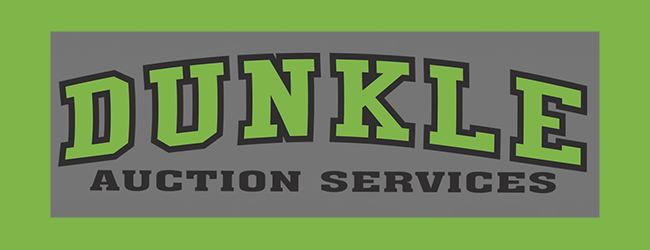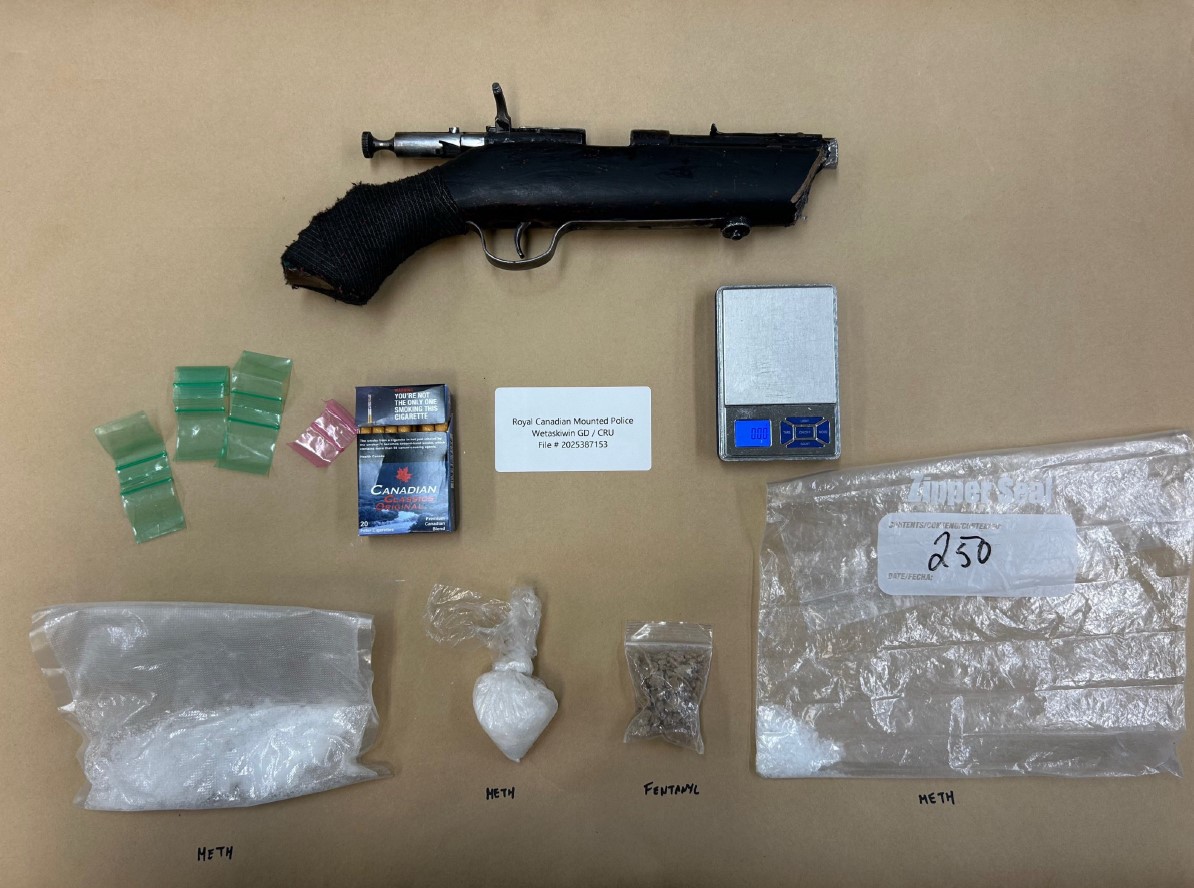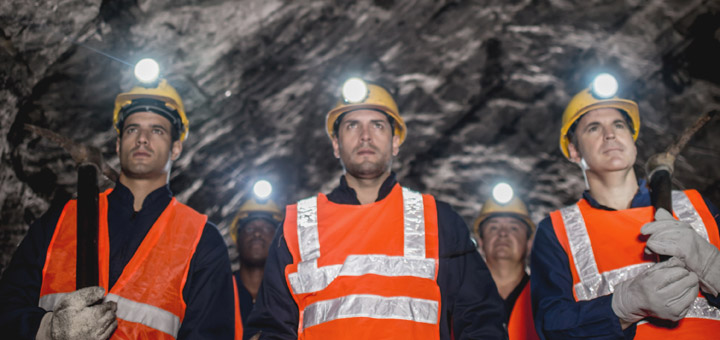Taber’s Brenna Wallace advocating for victims of human trafficking
Heather Cameron,
Local Journalism Initiative Reporter
Brenna Wallace, an individual with autism who is a human trafficking survivor and the co-founder of the Brenna Wallace International Initiative, was recently added to the shecan.world Global Database, an online library of women role models across the globe, for her work as a staunch advocate for victims of human trafficking and women with disabilities.
“I faced some pretty extreme circumstances, but if we go into my advocacy work, I started doing advocacy when one of my daughters was assaulted by an adult,” said Wallace. “And playing the role of the victim’s parent is quite the role. It’s a lot of advocating for yourself and your child. Nobody knows this, but a lot of counsellors won’t even talk to these kids because the councillors could get subpoenaed by defence attorneys.”
It is because of that, Wallace says, families in those situations often feel abandoned and that they have no resources available to them, so she personally works to try and find them resources.
“I go to police interviews with them, I help them deal with law enforcement. I help them deal with victim services because there are some really complicated cases and they need that person to stand there and stand up for them and say, ‘This person is a person and they matter, and the way that you’re treating them is not right’,” said Wallace. “I find it incredibly important to do outreach and advocacy to these families. Like, my kid’s an adult now, so I couldn’t be prouder of her because she graduated on time, and that was being trauma informed, having advocacy and having the resources to help support her through that.”
Wallace says that advocating for her child got her talking about the things that she had witnessed and experienced herself. That, Wallace said, led her to speak twice at a summit based in Colorado, called ‘A Call to Action to Change Child Welfare.’
“I did a case study on my own case of human trafficking, and I brought the original paperwork from my case and gave it as handouts there,” said Wallace. “At the end of it, Michel Veuthey, the ambassador for the Sovereign Order of Malta to United Nations on Human Trafficking, told me that I humbled him because I made him realize just how lucky he was to have the life that he’d had. I bring the stories of people whose stories would never be heard by academia to the academia.”
The work of sharing those stories, Wallace says, included speaking at the World Women’s Forum in Paris, France in March 2023.
“It was a huge global event with lots of dignitaries, and I think my speech on the resilience of people who are neurodivergent and recognizing that resilience, celebrating that resilience and help them build their resilience, because these people have survived things that you can’t even comprehend,” said Wallace. “One of the things that I’ve said is that I wasn’t really educated. I was more taught to do what I was told than to be my own person and to make my own choices, even about foods that I like, so doing that speech was huge. I got catapulted into the international scene by people who can’t believe the values and morals that I have because I view every single person on the planet as a human being with their own unique story, their own unique choices, and their own sovereignty. People don’t realize how easy it is to lose their freedom and how hard it is to get back.”
Wallace says that the Brenna Wallace International Initiative Foundation, originally A Lady with Lilies Society, was actually formed by five survivors of human trafficking in Lethbridge, but because one of their goals is to have an international survivor vetted list of resources and organizations that will help victims of trafficking, they had to relaunch internationally. The Initiative, Wallace says, now has members in four different countries, has partnerships on almost every continent, and has also helped find resources for people in Cameroon, in India, and in Eastern Europe. In addition to that, Wallace says, she has trained with the Organization for Security and Cooperation in Europe’s office of Democratic Institutions and Human Rights.
“It was addressing the added risks of trafficking in Ukrainians as a result of the armed conflict and how to address it and how to recognize it, how to be trauma informed and victim centered to make sure that our victims are always at the forefront of everything that we do and that their choices are respected, so I went over and I trained with that branch and it was absolutely amazing,” said Wallace. “From that I met a woman named Shandra Woworuntu, who owns an organization called MENTARI based out of the United States, and she’s also a member of the International Survivors of Trafficking Advisory Council. Since then, she has mentored me and encouraged me to participate in more training and been just an amazing resource. Shandra is an amazing woman who needs the credit that she deserves because that woman has moved mountains for people. It’s just amazing to get to work with these incredible individuals who have done so much good for the world.”
The Foundation, Wallace says, is even running a GoFundMe page to secure funding for the launch of an international, survivor-Led organization dedicated to combating human trafficking around the world. The GoFundMe can be found at: https://www.gofundme.com/f/starting-an-organization-to-end-human-trafficking
Wallace says that she also spent the last year participating in two United Nations constructive dialogues about the new human trafficking protocol that they’re bringing out, speaking as an autistic survivor of trafficking to advise them on this policy. Now, Wallace says, she is a stakeholder member with the United Nations Office to combat Drugs and Crime, and had been accepted into their first round of training for their SE4U course on the UN Convention against Transnational Organized Crime, or the UNOTC and its review mechanism.
“Being there to validate victims is a huge part of the advocacy because you’re validating them even to themselves, because a lot of people don’t understand how human trafficking laws actually work,” said Wallace. “The reality is most people don’t realize that if you are profiting off of someone else’s body or mind, without compensating them according to legal minimum that it may be found to be human trafficking. I’ve raised a lot of awareness on this through the United Nations because coming from a conservative heartland like Alberta, it was kind of shocking to discover just what people are willing to do to each other.”
Labour trafficking, Wallace says, is huge even in Canada to the point that there’s a book called ‘Invisible Chains: Canada’s Underground world of Human Trafficking’ written by Benjamin Perrin, a professor from Vancouver that talks about Canadian trafficking and the way that it is addressed in Canada.
Shecan.world, Wallace says, is a database of female role models with the motto that ‘she can be what she can see’ and being the global database that it is, it promotes female-led businesses and female business leaders. Wallace says that she was actually invited to join the Shecan.world database by the CEO, who reached out to her personally with an interview request because she owns a non-profit that works in partnership with the UNODC as a stakeholder and through her advocacy work internationally for people with disabilities, and as a woman with autism.
“I was, of course, delighted to,” said Wallace. “You get onto it by being invited on. You have to be a positive role model. You have to not drink, not do drugs, not be running around being crazy. You have to be a leader and you have to have made an impact that says ‘This is important no matter what field it’s in.’ There are people there from science, economics, business, there are people from nonprofits. To me, being on that database means that I’m actually having a positive impact on the world. If we put these role models in front of girls, these girls can realize what they can do if they put their mind to it. I was interviewed right after a woman named Temple Grandin, who’s also autistic, she has several published articles, and she’s also famous for having autism and being this person who works in the educational field. Being added to this database, I am extremely honoured to be a role model for girls with autism to show them that if they want to change the world, that they can.”
Through her continued work, Wallace also wants to show girls that they need to ensure that their rights are protected, and they also need to ensure that the rights of those around them are protected. “A lot of human trafficking cases get missed because people don’t recognize the signs, but I have an amazing team put together to relaunch our initiative and to go global and to just continue helping people,” said Wallace. “I helped one girl from 14,000 kilometres away. I managed to get her home. I’m very proud of myself for being able to help with that.”
Taber, Wallace says, is a big part of her story, as she grew up there and it made her who she is; a person who doesn’t see colour or religion.
“It made me see the person because we were immersed in this culture of inclusion in the ‘90’s and early 2000’s in Taber,” said Wallace. “I’ve been told by people at the United Nations that the rarest quality in the world is to actually see people.”
Wallace said that her second global keynote speech at a women’s leadership conference on November 2, 2023, focused on how women with disabilities can encounter extreme problems with law enforcement when they are trying to report crimes and how they are often not believed.
“After that, I had people coming up to me and telling me that they were absolutely amazed that I brought this to the world, and they were so thankful that I did because they didn’t even think about it,” said Wallace. “They didn’t even realize it could be happening, so raising that crucial awareness is huge. Human trafficking is very close to me. I experienced it, a lot of my friends experienced it. I know people who are still experiencing it, who can’t get out and can’t get away and can’t break the mental chains. One of the things that I heard this year that I think is kind of the most impactful statement I could make is that wherever you are in the world, there’s a 90% chance that within 10 miles of you, human trafficking is currently happening, and that’s from the UNDOC. It was kind of a shocking statement, and it’s raising awareness amongst communities that we have to look out for each other. We have to look out for our children, especially since there are programs now that you can get for schools.”
‘Brave Education for the Prevention of Human Trafficking’, Wallace says, is a Calgary-based program that goes from kindergarten through grade 12 to educate kids on their rights and what human trafficking is and how to protect each other from it.
“It includes cyber trafficking, because it is a very real threat now,” said Wallace. “This is stressed to kids, as they feel the biggest impact because we don’t want to keep pulling people out of the river. We want to stop them from falling into the river in the first place because everybody makes this analogy that human trafficking is kind of like a river. You fall into it and then you get pulled out after you float downstream for a while. The goal of a lot of organizations is to stop people from falling in. I knew what my rights were; I just didn’t know how they applied, and it led me to some very dark places, but it’s also helping me change the world for the better.”
Brenna’s page on the shecan.world database can be found at: https://www.shecan.world/brenna-wallace/.
Heather Cameron,
Local Journalism Initiative Reporter
The Taber Times






